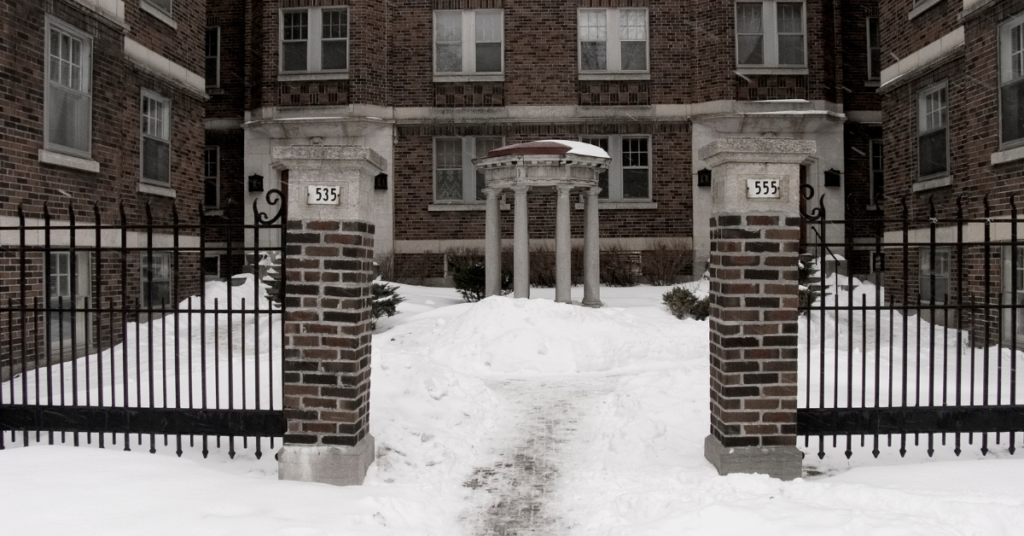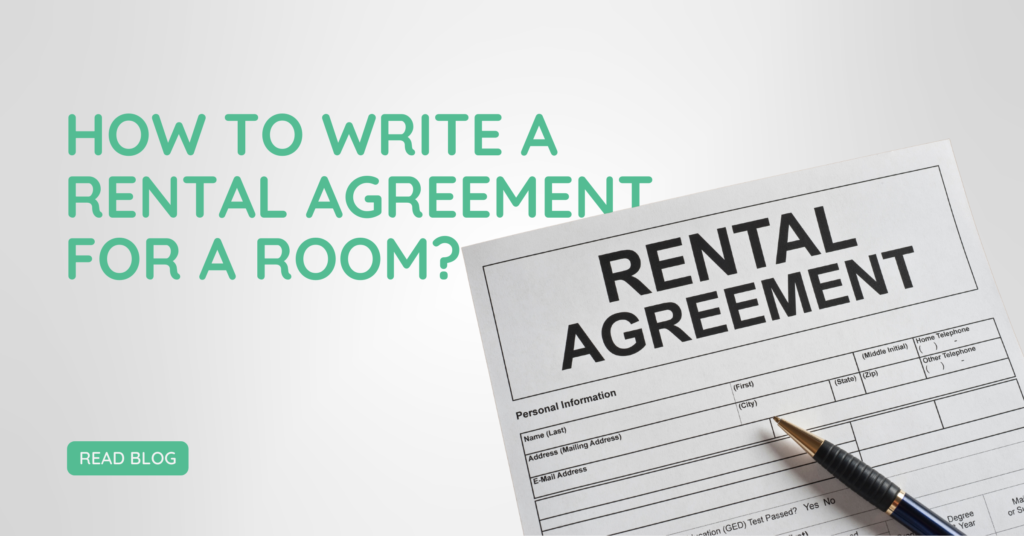Winter Property Maintenance Checklist: Essential Steps for Landlords
Reading Time: 4 minutesBoston’s winters are renowned for their severity, with plunging temperatures, relentless snow, and ice. For property owners, this can spell trouble if they are not adequately prepared. The challenges posed by such a climate include managing snow and ice buildup, combating the freezing of pipes, and maintaining heating efficiency throughout the season. Understanding and addressing…

Boston’s winters are renowned for their severity, with plunging temperatures, relentless snow, and ice. For property owners, this can spell trouble if they are not adequately prepared. The challenges posed by such a climate include managing snow and ice buildup, combating the freezing of pipes, and maintaining heating efficiency throughout the season. Understanding and addressing these winter-specific issues is essential for minimizing damage and ensuring the safety and comfort of tenants.
Table of Contents
Winterizing Your Property: A Checklist

As the chill of winter approaches, ensuring your property is well-prepared can save you from unexpected headaches and costly repairs. Winterizing your property is crucial not only for protecting your investment but also for providing a safe and comfortable environment for your tenants. Follow these straightforward and effective tips to ensure your property stands strong against the winter chill.
Exterior Maintenance
- Roof and Gutters
The weight of snow and ice accumulation on a roof can lead to significant structural damage, including ice dams that cause water to back up and leak into the property, leading to costly interior damage. Regularly clearing snow from your roof and ensuring gutters are clean and free from debris is crucial. This ensures proper drainage and reduces the risk of ice dams and subsequent leaks.
- Foundation and Walkways
Inspect the foundation for cracks before the winter sets in. Water can freeze in these cracks, expanding and causing further damage, so it is vital to seal any that are found. Additionally, icy walkways pose a significant risk for slips and falls. Regular salting and clearing of pathways are necessary to protect both tenants and landlords from potential injuries and liability claims.
Interior Maintenance
- Plumbing
One of the most common winter issues in Boston homes is frozen pipes. To prevent this, insulate all exposed plumbing, especially in unheated areas like basements and attics. Ensure that exterior hose bibs are turned off and drained before the freezing temperatures set in. If pipes do freeze, having a strategy to gently thaw them is crucial to prevent bursting, such as using a hairdryer or heat lamp with caution.
- Heating System
A functioning and efficient heating system is critical during the Boston winters. Schedule a professional tune-up before the season begins to ensure your system operates efficiently. This check should include replacing dirty air filters, which can impede airflow and increase energy demand, and ensuring that the heating system is not only functional but also safe.
- Smoke and Carbon Monoxide Detectors
Winter brings an increased risk of power outages and the use of alternative heating sources, which can elevate the risk of fire or carbon monoxide poisoning. Test all smoke and carbon monoxide detectors. Replace batteries as needed to ensure they function when most needed, especially during a power outage.
Proactive Maintenance for a Smooth Winter

Proactive maintenance is not only a best practice but also a cost-effective strategy that protects your investment and ensures tenant safety throughout the harsh winter months. Implementing preventative measures allows you to avoid the disruptions caused by Boston’s severe winter emergencies, reduce expenses on costly emergency repairs, and extend the lifespan of essential building components.
Conducting regular inspections during the winter is crucial. These checks help you detect potential issues such as inadequate insulation or early signs of ice dams on the roof, enabling timely interventions before these concerns develop into more severe problems. Additionally, it’s vital to maintain a well-equipped emergency kit. This kit should include items like flashlights, batteries, basic tools, ice melt, and even extra water. Having these resources readily available can prove invaluable during unexpected power outages or other emergencies, ensuring both the safety and comfort of your tenants.
Dealing with Winter Emergencies
Winter in Boston can bring about specific emergencies that property owners must be prepared to handle. Common issues include power outages, burst pipes, and roof leaks—each of which can cause significant inconvenience and damage.
Having a plan in place for responding to these emergencies is critical. This plan should include up-to-date contact information for key professionals like plumbers, electricians, and general contractors who can provide swift and efficient service when disasters strike. It is also wise to familiarize yourself with the main shutoffs for water and electricity to quickly mitigate damage in the event of a burst pipe or electrical issue.
During emergencies, knowing how to minimize damage can save thousands in repair costs. For instance, shutting off the water supply when a pipe bursts can prevent extensive water damage, and covering broken windows or exposed areas with tarpaulin can shield interiors from the elements until repairs are made.
Conclusion
Winterizing your property in Boston is not just a recommendation—it’s a necessity for protecting your investment and ensuring the safety and comfort of your tenants. Preparing for winter involves both preventative strategies to avoid major issues and responsive tactics to deal with emergencies effectively. Remember, the efforts you put into preparing your property for winter not only safeguard your building. It also demonstrates to tenants that you are a conscientious and reliable landlord.
Ready to ensure your property is winter-proof and well-maintained without the hassle? Let Green Ocean Property Management take care of all your seasonal and ongoing maintenance needs. Our expert team is equipped to handle every aspect of property management. From emergency responses to routine inspections, we ensure your investment is protected and your tenants are happy.
Don’t wait for the winter woes to hit—contact Green Ocean Property Management today and experience peace of mind like never before!
What is a 1040 Schedule E
Reading Time: 2 minutes Real estate comes with a lot of technicalities, especially tax forms. In today’s article, we go into detail about the 1040 Schedule E and how Green Ocean Property Management can guide you through tax forms such as this. Defining the 1040 Schedule E Form Now, a 1040 Schedule E is a…
How to Write a Rental Agreement for a Room
Reading Time: 4 minutesA rental agreement is a crucial document that outlines the terms and conditions between a landlord and a tenant. When renting out a room, a clear and detailed agreement helps prevent misunderstandings and protects both parties’ rights. This guide will walk you through the essential components of a rental agreement for a room, ensuring you…
4 Challenges Faced by Accidental Landlords in Boston, MA
Reading Time: 5 minutesBecoming an accidental landlord in Boston, MA, can be a challenging experience. Whether you’ve inherited a property, are unable to sell your home, or find yourself with a vacant unit, navigating the landlord-tenant relationship can be overwhelming. Many accidental landlords face similar obstacles, including lack of experience and knowledge, time constraints, financial and legal risks,…








